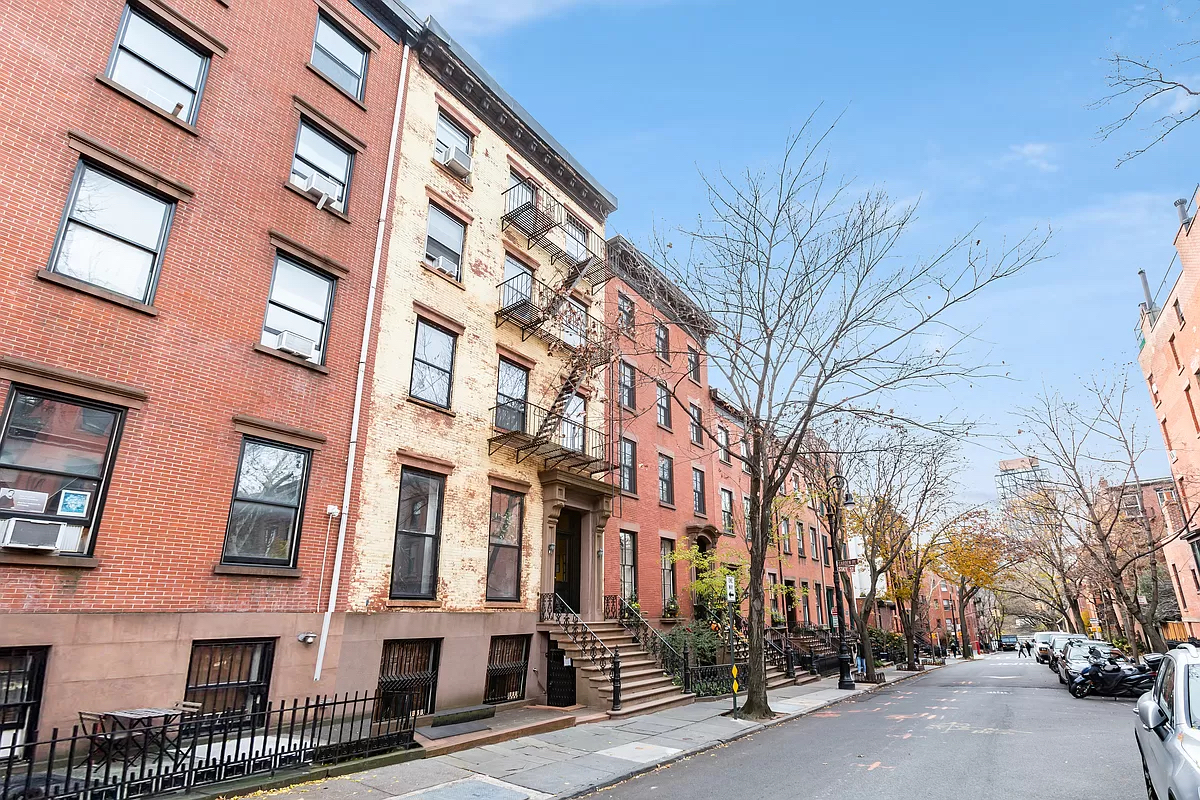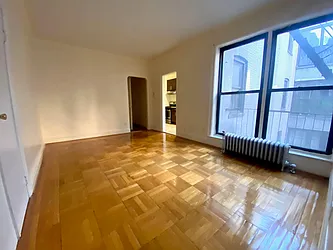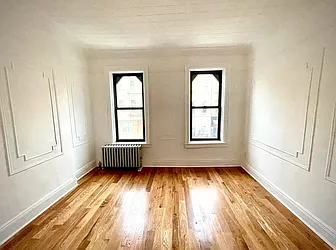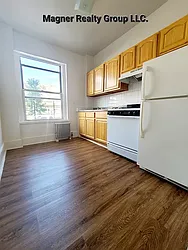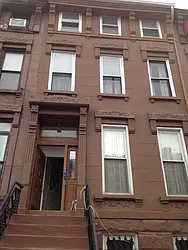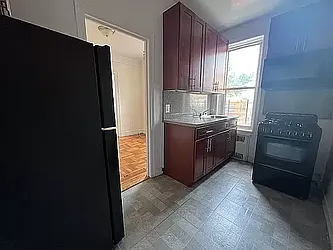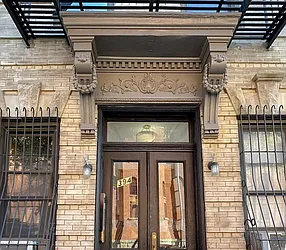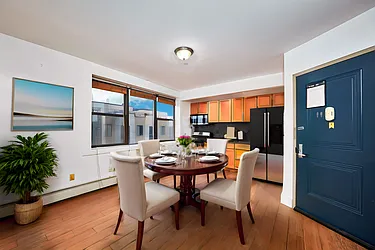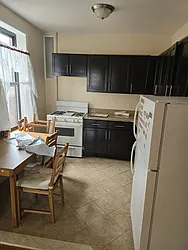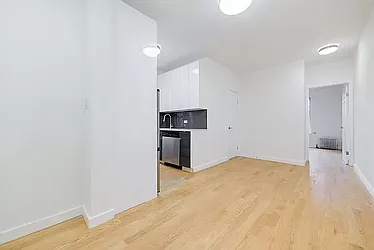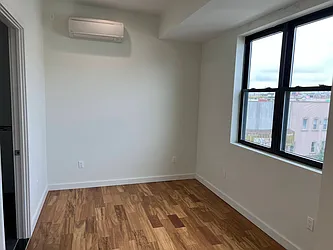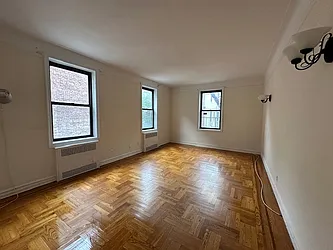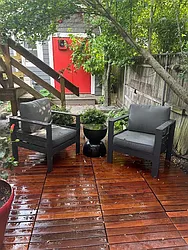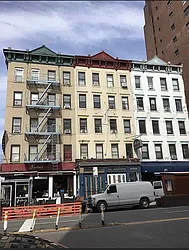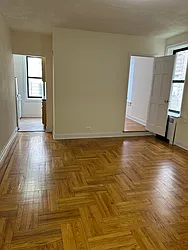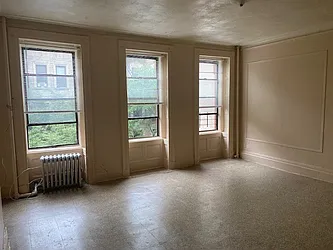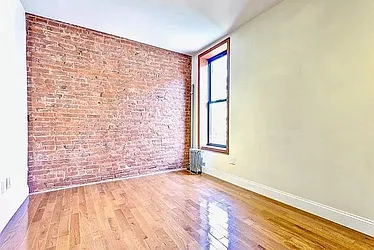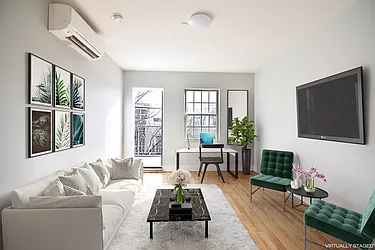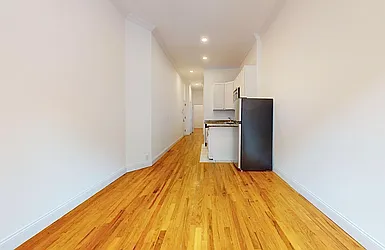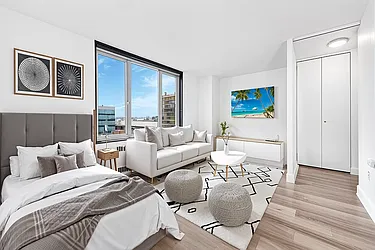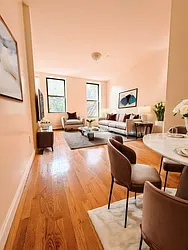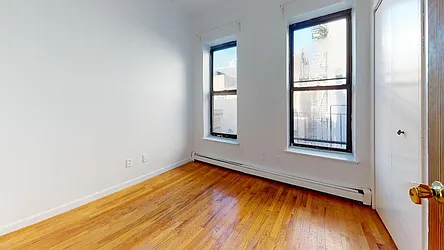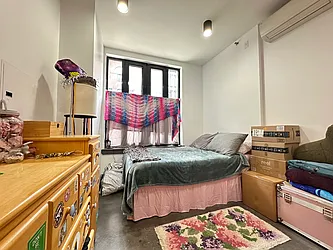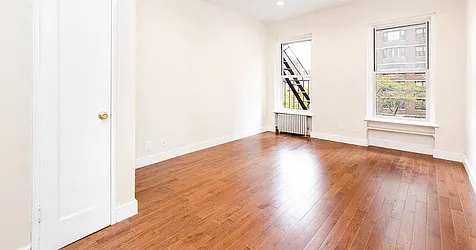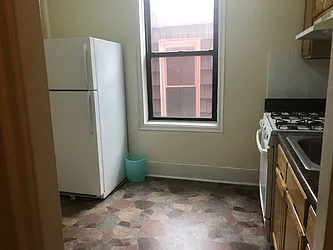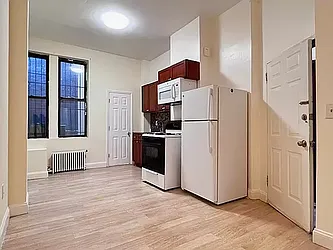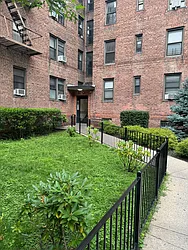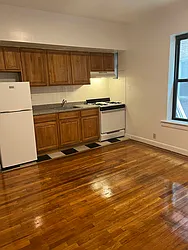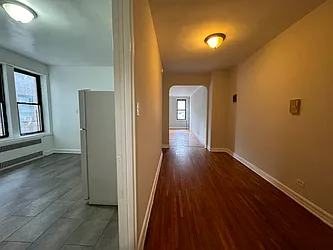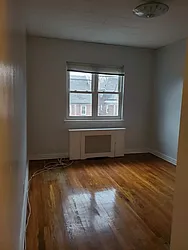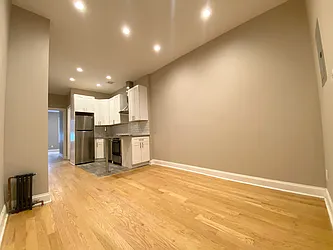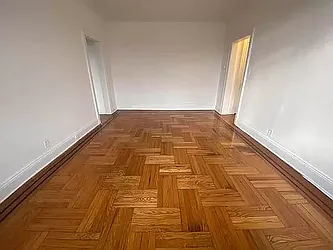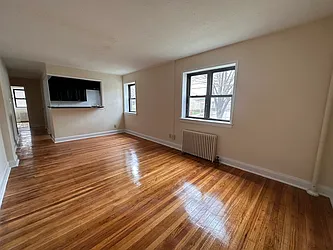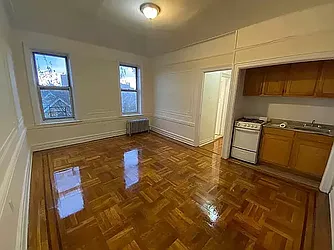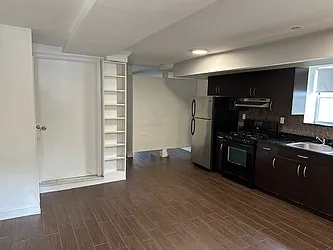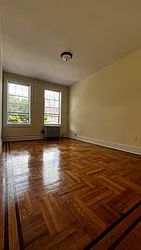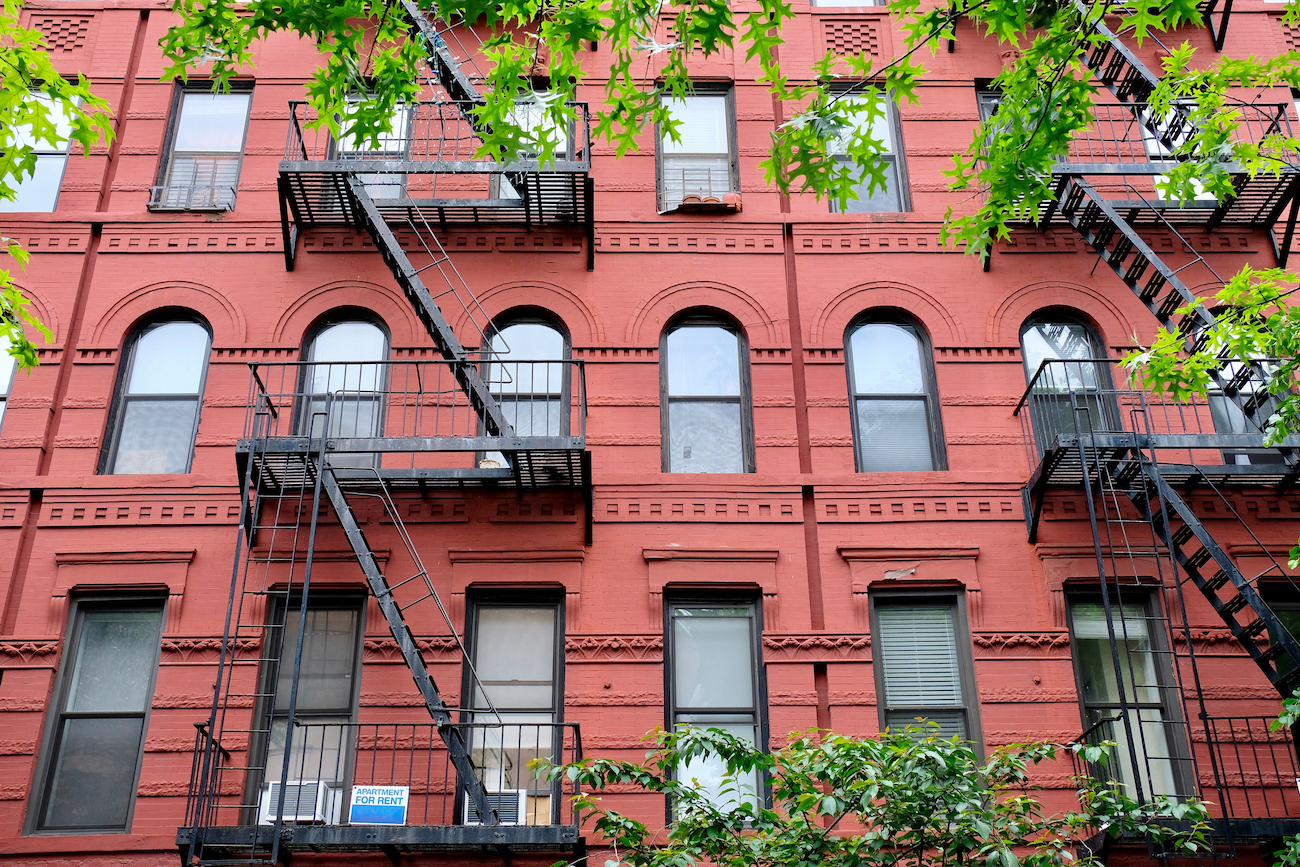Hooray! You found an apartment. But after you moved in, things started to go wrong. Maybe the heat didn’t work, or there was no hot water. Worse, the issues with your unit dragged on for weeks or months despite alerting your landlord. Now your apartment feels unlivable. What to do? The good news: there are legal protections in place for tenants. It’s a special provision in the law called the implied warranty of habitability — and it can save you from potentially unbearable living conditions. Here’s what you should know.
Table of contents
Brooklyn Rentals Under $2,500 On StreetEasy Article continues below
What Does Warranty of Habitability Mean?
The warranty of habitability essentially means landlords must provide their tenants with a safe, sanitary, and livable home. This right is implied in every residential lease, and if there is a waiver written into the lease saying otherwise, it’s deemed void.
“Under the warranty of habitability, the unit must be fit for human habitation and will not have any hazardous or detrimental conditions to the tenant’s health and safety,” said Sam Himmelstein, a tenants’ rights lawyer with Himmelstein, McConnell, Gribben, Donoghue & Joseph. “That sounds like a high standard. But it’s not. It’s been broadly construed, so it could be anything from leaks to falling plaster, peeling paint, mold, defective windows, inadequate security, roaches, etc.”
This guarantee extends beyond individual apartments; public areas of a building also fall under the warranty of habitability as well.
Manhattan Rentals Under $2,500 on Streeteasy Article continues below
How Does Warranty of Habitability Protect Tenants?
This right safeguards against all unlivable conditions, from structural problems and nonfunctioning heating to rodent infestations, and mold. Your landlord has a responsibility to resolve issues promptly. If an issue is not resolved, “you are entitled to claim an abatement of rent, meaning a reduction of rent, which is based on the severity and the length of the condition,” said Himmelstein.
Yes, if a landlord breaches the warranty of habitability, a tenant can sue for a rent reduction that ranges in amount. “If an apartment has no heat or hot water, and it is an ongoing issue, you’re probably entitled to a hundred percent abatement,” said Himmelstein. “If you have an intermittent leak that’s only in the bedroom, you might get up to a 20% abatement.”
Rent-regulated tenants can file a complaint with the Division of Housing and Community Renewal (DHCR) requesting a rent reduction. In some cases, the tenant might take on the repairs (for instance, a broken door lock that wasn’t fixed by the landlord within a reasonable time frame) and deduct the cost from the rent.
If the unit becomes uninhabitable because of damage not caused by the tenant, the tenant can leave and cancel the lease and not be on the hook for more rental payments. The landlord must also refund any rent paid in advance and the security deposit. For those in rent-stabilized or rent-controlled apartments, tenants can apply through the DHCR to reduce the rent to $1. That allows them to maintain the unit’s status until it’s livable again.
Queens Rentals Under $2,500 on Streeteasy Article continues below
What Can You Do if Your Apartment Becomes Uninhabitable?
The first and most important step for any tenant is to tell the landlord. No matter what kind of problem you’re dealing with, you must inform your landlord that the problem exists and give them the opportunity and time to fix it.
Options for Contacting a Landlord or Management Company
There are a variety of ways you can contact a landlord about an issue with your apartment, and a preferred method of contact is often specified in your lease, so check that first.
That said, a good first choice is an e-mail, given that you will automatically have a written record of the correspondence. If for some reason you feel it’s better to speak on the phone, make sure you follow up with an email recapping what was discussed.
Buildings that are managed by a property management company, often have an online portal through which tenants can submit requests for repairs, questions, etc. If that is the case in your building, make that your first choice, and be sure to send a copy of the request to yourself for your records. Finally, you can also send requests and notifications via certified mail, return receipt requested. If the issue is not resolved, you can take other measures to protect yourself. Here’s what to do:
- Report a Violation to the Department of Housing Preservation & Development (HPD): “You can ask the city to send out an inspector by calling 311. [An inspector] can place violations on your building,” said Himmelstein. “That way, there’s public documentation of the violations that the landlord didn’t fix.” That information can then be taken as documentation to the courts, and HPD can issue a fine to the landlord.
- Sue the Landlord: “There’s a case you can bring to housing court called an HP Proceeding without legal representation that will force the landlord to make repairs,” said Himmelstein. To do so, you will need to fill out forms at the clerk’s office of your county’s Housing Court. Those forms are: “Order to Show Cause Directing the Correction of Violations (HP Action),” and a “Verified Petition in Support of an Order to Show Cause Directing the Correction of Violation.” However, this process won’t help you get a rent reduction.
- Sue in Civil Claims Court: If you’re hoping to get a rent reduction, the HP Proceeding won’t help. Instead, you would have to go to Civil Claims Court and hire an attorney. This might not be worth it, though. “Let’s say your rent is $1,500 a month, and you didn’t have heat and hot water for two weeks,” said Himmelstein. “That would give you the right to a $750 reduction. But, who’s going to hire a lawyer over that? It’s essentially a small claims case.”
Can You Withhold Your Rent?
The short answer is yes. If your landlord hasn’t provided you with a safe place to live, you are not required to pay your rent. You could also make the repairs yourself and reduce the cost of that process from the rent. But, it can be a tricky process because the landlord will likely sue for non-payment or dispute the cost of the repairs.
An important caveat is that if you are named in a housing court case (even if you are in the right), you can end up on what’s known as a “tenant blacklist” which in the past, landlords have used when screening tenants. (It’s not actually a list, it’s just public data that landlords have used when considering potential tenants.) The 2019 Rent Reform Laws made it illegal for landlords to use this information against tenants, with a penalty of a fine of up to $1,000. However, some argue this is hard to enforce, and that many landlords will be willing to take the risk to avoid allegedly potentially problematic tenants.
That’s why it’s best to contact an attorney before you do anything, to make sure you’re within your rights and that you have a case. Finally, if you do go to court, you should be prepared for the expensive fees that come with a lawsuit. If you’re looking for more insights, please visit, The Met Council on Housing. It is a tenant’s right organization offering free legal advice.
